BIPOC Media Unite to Catalyze Investments in Equitable Media
More than 140 BIPOC (Black, Indigenous and People of Color)-owned media outlets and supporters mobilized under MMCA’s leadership to urge federal regulators to incentivize bank investments in Equitable Media as part of the Community Reinvestment Act.
THANK YOU!
Together, we sent a clear and unified message that investing in BIPOC media is a vital part of creating an inclusive economy.
Specifically, we called on federal agencies to include investments in Equitable Media on the list of CRA "qualified activities," and to encourage banks to use Equitable Media as community engagement intermediaries to more effectively inform and engage residents and to advance their equitable revitalization efforts.
These changes, if implemented, will help to unlock an unprecedented, unparalleled and sustainable revenue source for strengthening BIPOC media ownership and the communities they serve.
Consider: from 2009 to 2020, U.S. banks invested nearly $3 trillion to improve the lives of low- and moderate-income families and revitalize their neighborhoods thanks to CRA, enacted in 1977 to end the discriminatory practice known as redlining.
If even a fraction of that money is funneled to support BIPOC media, it could transform our entire media ecosystem, and we banks will be more likely to do it if they can be sure they will receive CRA credit.
Getting federal agencies to agree is just the first step in a coordinated effort to awaken banks and other community development stakeholders to the essential role that BIPOC media play in informing and supporting local communities and the need to act now to ensure their survival.
How you can help:
- Share this press release about our mobilization efforts;
- Become a member of the BIPOCXChange to receive alerts about CRA reforms, funding opportunities, and to connect and collaborate with other BIPOC publishers and supporters;
- Help us identify the infrastructure, education and resources needed to ensure BIPOC publishers can access CRA dollars and other community development financing.
Equitable Media and Economies Initiative
While the local media crisis harms all communities, it especially damages those for whom community development financing was created—BIPOC and low- to middle-income communities who continue to suffer disproportionately due to discriminatory practices like redlining, and whose voices, information needs and success stories continue to be an afterthought for many mainstream, White-majority news outlets.
That’s why we created the Equitable Media and Economies Initiative—to promote BIPOC community media as civic infrastructure, and to advance the necessary partnerships, policies and strategies to fund them as such.
Access to reliable, relevant, trustworthy information is as important to creating healthy communities as affordable housing and healthcare, public transportation, clean air and water, healthy food, reliable broadband data networks, good schools, and cultural institutions.
An essential part of our work is ensuring that local, regional and national community development strategies include intentional investments in those media outlets that prioritize the economic, social and civic well-being of BIPOC communities.
Equitable Media and Economies Initiative
What is it? The Equitable Media and Economies Initiative is a national effort to create a more just economy and caring democracy by investing in equitable, community media. It is led by the Multicultural Media & Correspondents Association (MMCA) as part of its broader work of increasing multicultural media ownership and changing harmful narratives through advocacy, coalition building, media business transformation and galvanizing public and private resources.
The initiative, which launched in May 2020, exists to:
-
equip community media to report on, contribute to and compete in an equitable economy;
-
promote BIPOC community media organizations as critical civic infrastructure;
-
pursue partnerships, revenue strategies and policy changes to fund them as such.
Why is it needed? An equitable media ecosystem, with a diverse and healthy press reflecting the communities it reports on and for, is an essential means of creating thriving communities, resilient economies and a healthy democracy. Yet the very media enterprises that continuously and courageously take up this challenge are in danger of disappearing.
Just as redlining in lending continues to have devastating consequences for traditionally marginalized populations, the ongoing lack of investment in the media organizations that prioritize their information needs is perpetuating information disparities and harming communities. Disinvestment, the crushing loss of advertising revenues brought on by the COVID-19 crisis, and the lack of laws and policies that prioritize a free press, civic-minded news production and the information needs of multicultural communities pose an existential threat that must be addressed.
What is the opportunity? Despite their economic challenges, equitable, community media outlets continue to hold incredible trust, power and relevance across Black, Indigenous, Latinx, Asian and other traditionally marginalized communities. They are connectors, convenors and sources of relevant, actionable and often life-saving information, as we saw during the pandemic. They are as essential to a community’s well-being as affordable and reliable housing, education, transportation and health care. Yet the institutions and policies we often turn to for funding critical civic infrastructure — banks, community development finance institutions (CDFIs), socially responsible businesses, and government agencies — largely ignore community media as an essential building block.
We have an urgent imperative to eliminate this blind spot and invest in equitable media as part of national, state and local economic and community development strategies that dismantle institutional racism, close the information gap and create shared prosperity.
Who is involved? A key element of this work is creating a coalition of people and institutions that prioritize the economic, civic and social well-being of communities and understand the historic, ongoing and multi-dimensional role that equitable, community media play in advancing equity, liberation and economic justice.
Our collaborators include, among others, the Donald W. Reynolds Journalism Institute, Democracy Fund Voice, National Community Reinvestment Coalition (NCRC), National Institute for Inclusive Competitiveness (NIIC), Borealis Philanthropy’s Racial Equity in Journalism Fund, Low Income Investment Fund (LIIF) and Deseret Management Corporation.
The coalition’s goals for 2022 are to:
-
launch a $1 billion Equitable Media Transformation funding campaign;
-
develop an Equitable Media Finance Network;
-
expand MMCA’s BIPOC (Black, Indigenous and People of Color) Media Business Incubator;
-
launch a national Education and Awareness Campaign;
-
build a BIPOC Xchange to connect equitable media and supporters.
(Washington Post); The Multicultural Media & Correspondents Association (Black, Indigenous, and People of Color) 7 Annual Multicultural Media Correspondents Dinner (MMCD)Thursday, October 6 \at the exclusive, invitation-only gathering was hosted by Aida RodriguezMMCD Honorees including: Here Here Alan SipressRadio Journalist Honoree Sybil Wilkes (Former Co-host “The Tom Joyner Morning Show,” Co-Founder YoSy Media;&n...Read More
The Surgeon General and other health officials field questions about COVID vaccines and health equity issues from multicultural media professionals via the BIPOCXChange on Oct. 27, 2002.Top U.S. health officials leverage the power of BIPOC media to inform and engage communities about the proven benefits of COVID vaccines and treatments and to combat misinformation as they work to save lives and head off a winter surge of the virus. By Linda MillerOct. 29, 2022WASHINGTON (BIPOCXChange Media ...Read More
The (MMCA)BIPOCXChange a metaverse solution created by MMCA to help Black, Indigenous, and People of Color (BIPOC) media increase ownership and control over how their community’s stories are told. Free to join, The ultimate goal for the BIPOCXChange is to increase access for multicultural media in the metaverse, drive coverage and ensure equity and inclusivity on this new platform. This powerful digital ecosystem seamlessly provides members with the first-ever single solution to all...Read More
Aggregating Local, Digital and Mainstream BIPOC Media On New Web3 Platform Delivers Value For Publishers Beyond News Dissemination (Washington, D.C., 8.4.2022) — This week, in response to calls for comments to proposed changes to the Community Reinvestment Act (CRA), over 140 Black, Indigenous, and People of Color (BIPOC) publishers united to urge federal regulators to include multicultural media as part of the funding. The call-to-action led by the&nb...Read More
Dear Publisher:Since 2009, U.S. banks have invested nearly $3 trillion to improve the lives of low- and moderate-income families and revitalize their neighborhoods thanks to a 1977 law—the Community Reinvestment Act (CRA) —created to end the discriminatory practice known as redlining.Yet very little of that money has gone to media outlets like yours that provide essential information and other critical support services to those same communities (“Equitable Media”).Thi...Read More
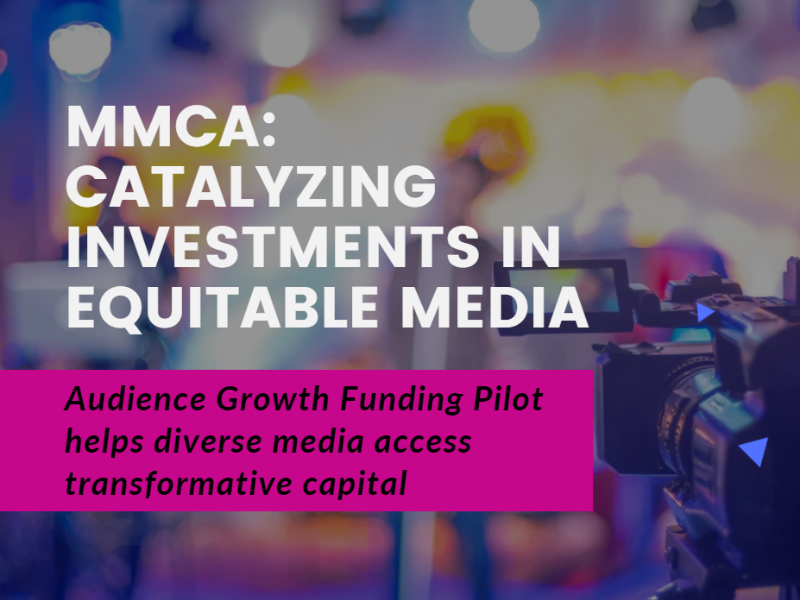
Helping Equitable Media Access Capital to Increase Reach, Relevance and Revenue
BIPOC-led and -serving media (Equitable Media) operate as the most tru...
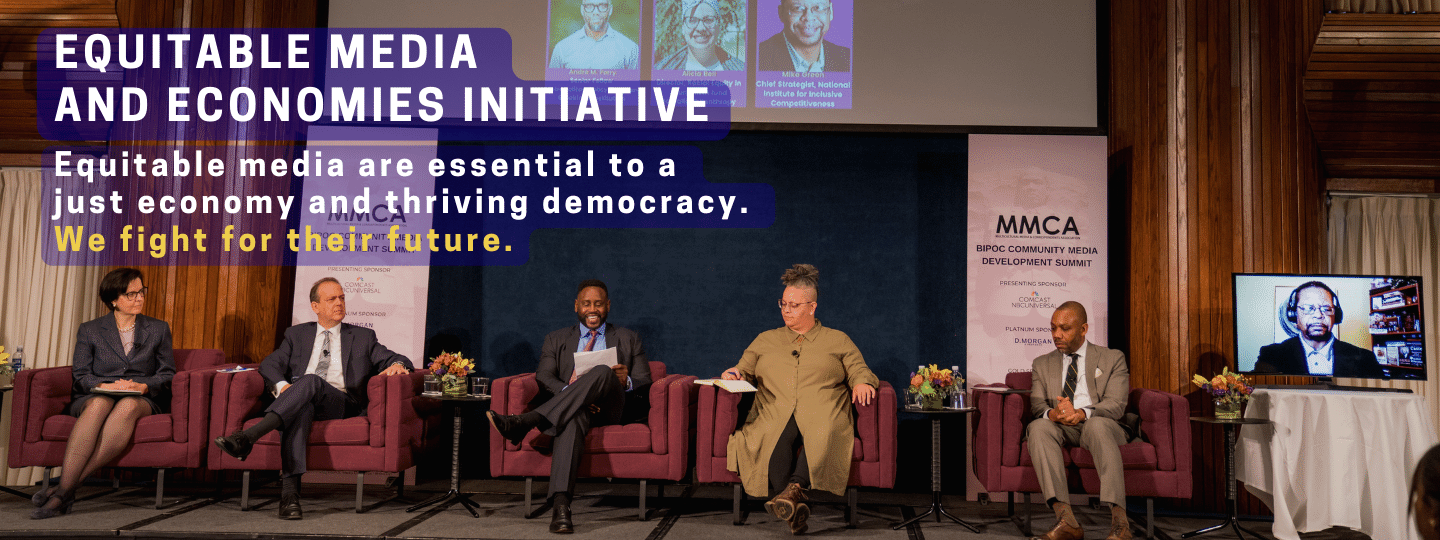
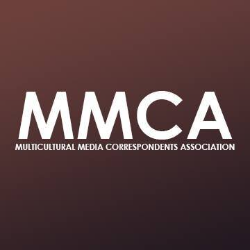
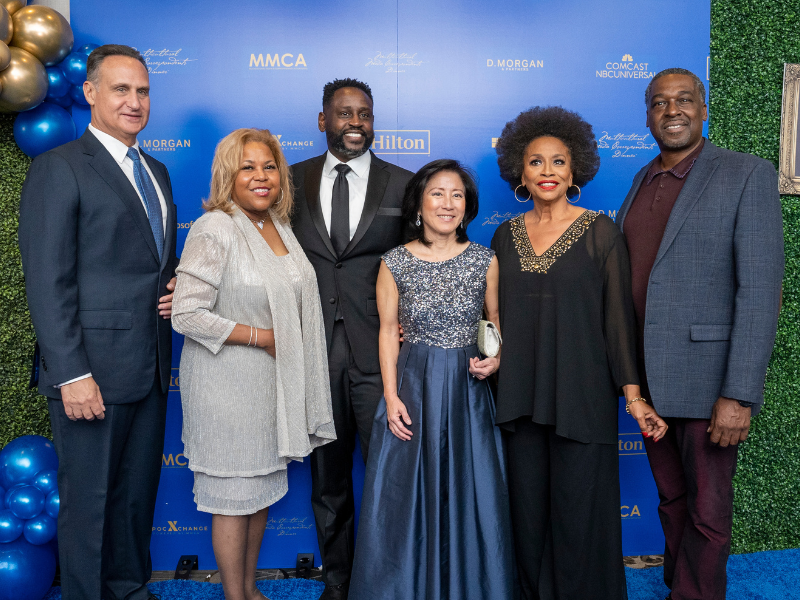
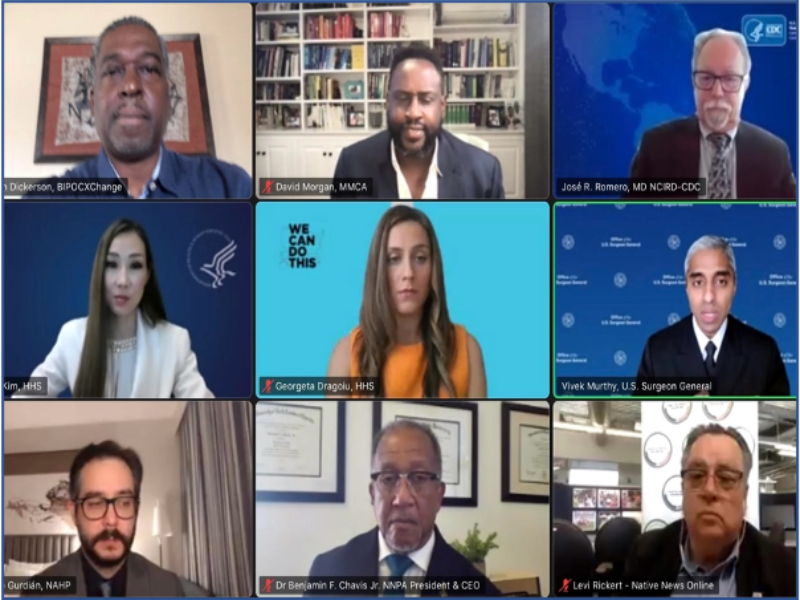
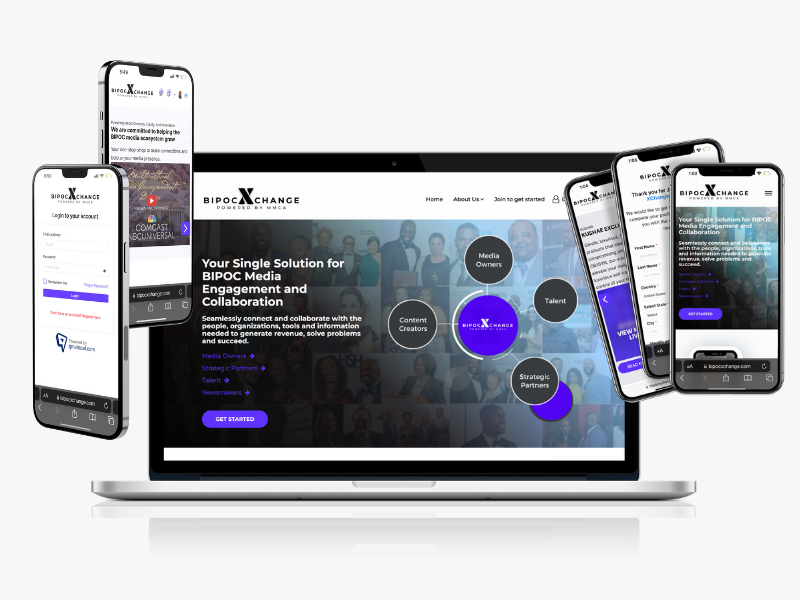
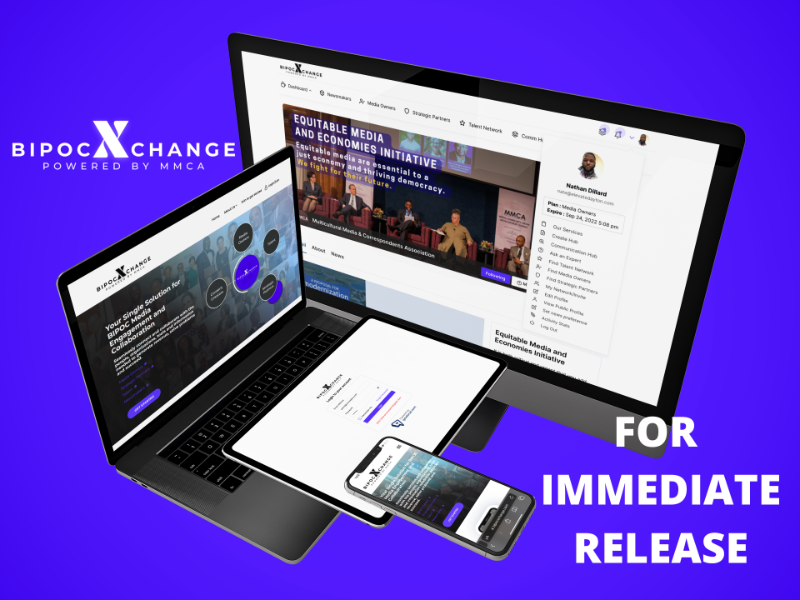
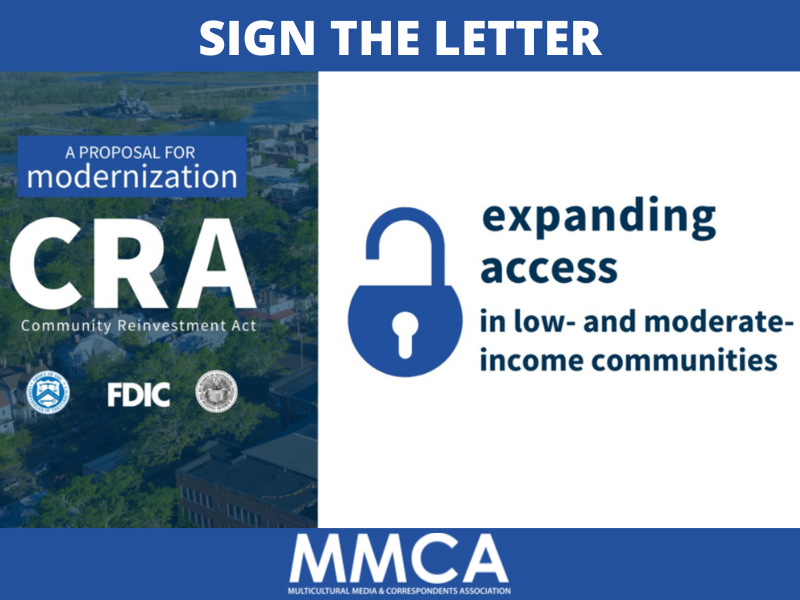


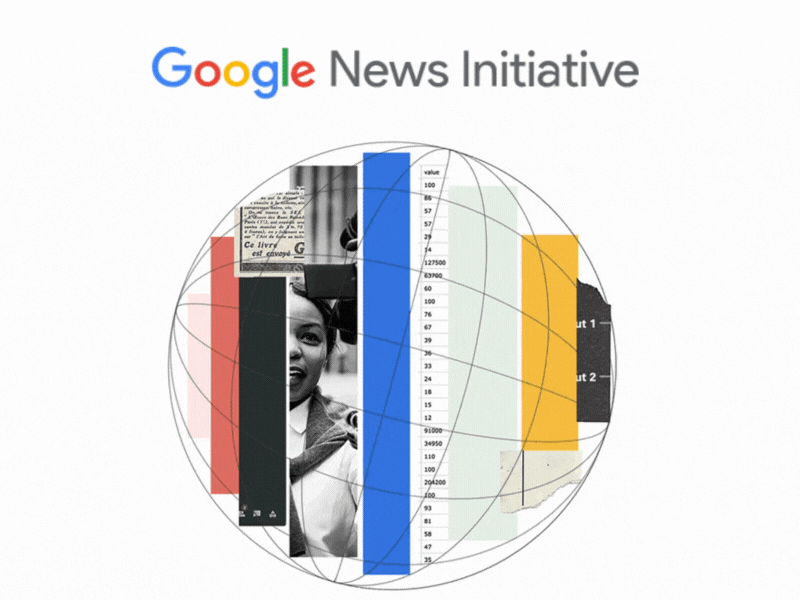

0 Comments